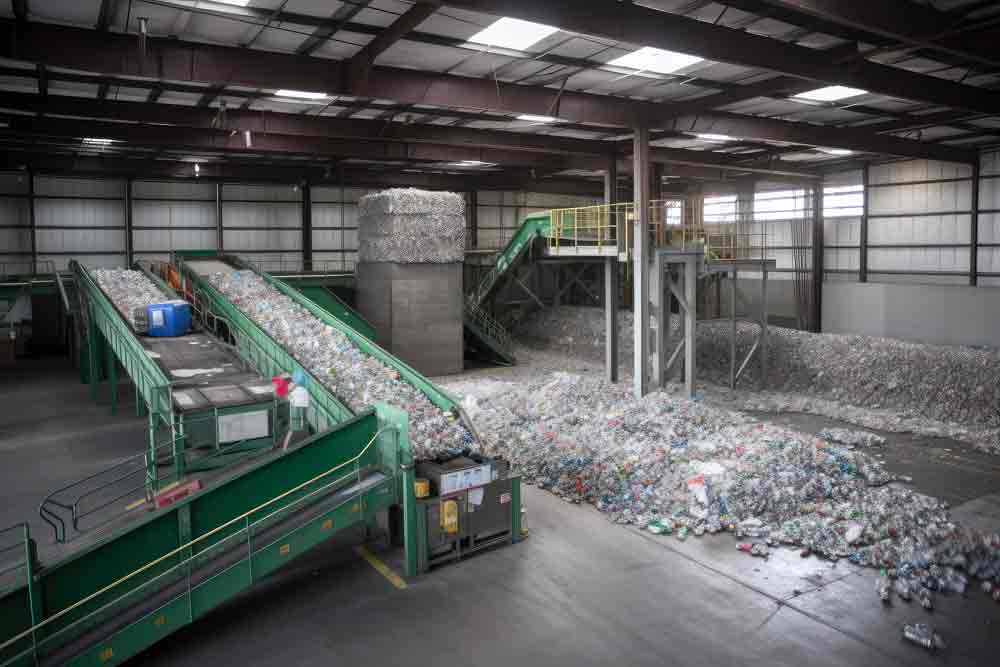Automation and the use of cutting-edge technologies have revolutionized various industries, and the metal and aluminum recycling industry is no exception. With the advancements in automation, this industry has witnessed significant improvements in efficiency, cost reduction, and overall sustainability. In this article, we will explore the crucial role of automation in the metal and aluminum recycling industry, focusing on successful strategies that have led to transformative outcomes.
Enhanced Sorting and Separation Processes
One of the key areas where automation has made a tremendous impact is in the sorting and separation processes. With the implementation of advanced imaging systems and sensors, automated machines can identify and separate different types of metals and aluminum, optimizing the efficiency and accuracy of the sorting process. By minimizing human errors and speeding up production, automation enables the industry to handle large volumes of materials more effectively.
Successful Strategy: Implementing state-of-the-art sorting and separation technologies, such as optical sorting systems and electromagnetic separators, allows for precise identification and separation of metals and aluminum, resulting in improved efficiency and reduced manual labor costs.

Streamlined Material Processing
Automation has introduced innovative solutions for material processing in the metal and aluminum recycling industry. Robots and automated systems are employed to dismantle and sort metal components, optimizing the speed and accuracy of operations. This streamlined material processing significantly enhances efficiency, as automated machines can quickly disassemble complex structures and extract valuable metal components with precision.
Successful Strategy: Investing in robotic systems and automated machinery capable of efficiently processing various types of metal and aluminum scraps can lead to increased productivity, reduced processing time, and improved material recovery rates. Discover more about Ventiduedenti our new shredder
Advanced Quality Control
Automation plays a crucial role in maintaining consistent quality control standards throughout the metal and aluminum recycling process. By utilizing sophisticated sensors and monitoring systems, automated machines can detect impurities, such as contaminants or foreign materials, ensuring that the recycled metals meet the required quality specifications. This level of precision and reliability in quality control is vital for both downstream manufacturers and end consumers.
Successful Strategy: Integrating advanced quality control technologies, such as X-ray fluorescence (XRF) analyzers and spectroscopy systems, enables real-time monitoring and analysis of metal composition, ensuring compliance with industry standards and enhancing customer trust.
Data-Driven Decision Making:
Automation generates a vast amount of data throughout the metal and aluminum recycling process. By leveraging data analytics and machine learning algorithms, industry players can gain valuable insights into process optimization, predictive maintenance, and resource allocation. These data-driven strategies allow for informed decision making, leading to further improvements in efficiency, cost reduction, and sustainability.
Successful Strategy: Implementing a robust data management system that captures and analyzes data from various stages of the recycling process empowers businesses to identify bottlenecks, optimize operations, and make data-driven decisions for continuous improvement.
Automation has become a game-changer in the metal and aluminum recycling industry, transforming traditional processes and revolutionizing the way materials are sorted, processed, and quality controlled. Successful strategies in automation involve the implementation of advanced sorting technologies, streamlined material processing through robotics, rigorous quality control measures, and data-driven decision making. By embracing automation and cutting-edge technologies, the industry can unlock new levels of efficiency, cost reduction, and sustainability, paving the way for a more circular economy and a greener future.
Comments are closed.


